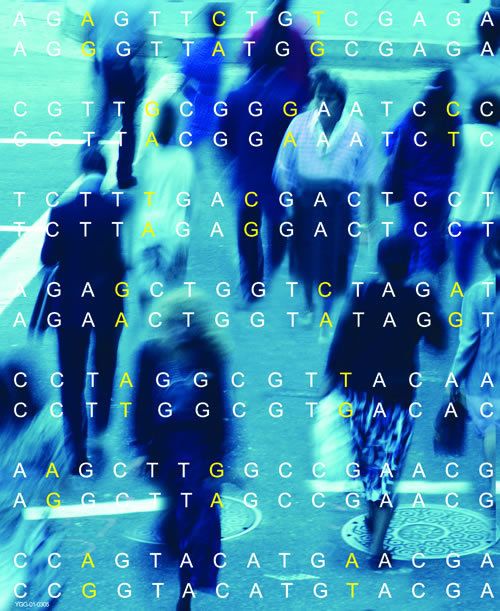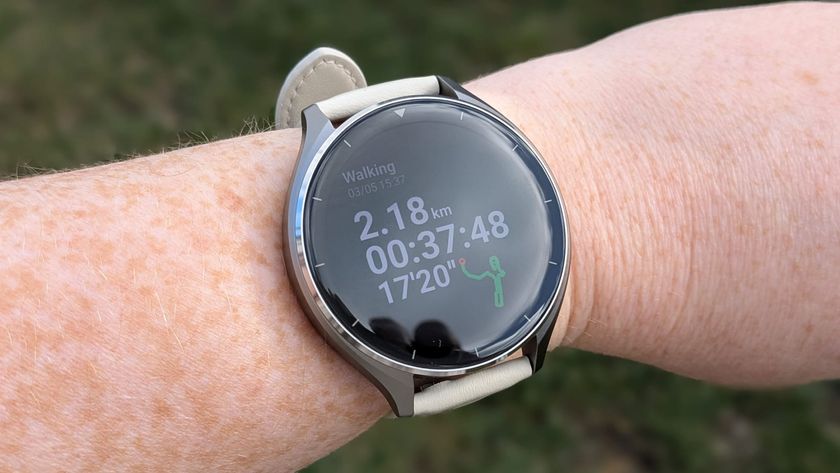Gene Patent Ruling: 5 Things You Should Know

The Supreme Court's ruling Thursday (June 13) that genes cannot be patented sets a precedent that products found in nature do not constitute intellectual property. Here are five things to know about the ruling.
1. What the ruling means
The unanimous gene-patent ruling specifically invalidated five patents held by the company Myriad Genetics Inc. related to two genes known as BRCA1 and BRCA2 linked to an increased risk of breast and ovarian cancer. Justice Clarence Thomas said, "We hold that a naturally occurring DNA segment is a product of nature and not patent-eligible merely because it has been isolated."
The court further ruled that "complementary DNA" (cDNA), or synthetic DNA assembled in a lab from a template that contains only the portions of the gene that encode proteins (the chemicals that carry out genetic instructions), is an act of invention, and therefore patentable. The ruling upheld four Myriad patent claims on cDNA.
2. What came before
The gene-patent ruling overturns three decades of genetic intellectual property policy. About a quarter of human genes have been patented, according to the National Human Genome Research Institute. Many people thought the gene-patent policy was misguided from the beginning, said Harry Ostrer, a plaintiff in the Myriad case and medical geneticist at Albert Einstein College of Medicine in New York.
3. What the case was about
Sign up for the Live Science daily newsletter now
Get the world’s most fascinating discoveries delivered straight to your inbox.
The American Civil Liberties Union (ACLU) filed a suit against Myriad because it claimed Myriad's patents were preventing researchers and other companies from developing competitor breast and ovarian cancer diagnostics based on the BRCA genes. [7 Diseases You Can Learn About from a Genetic Test]
"Myriad did not invent the BRCA genes and should not control them," Sandra Park, senior staff attorney with the ACLU Women's Rights Project, said in a statement, adding, "Because of this ruling, patients will have greater access to genetic testing, and scientists can engage in research on these genes without fear of being sued."
Myriad chose to defend its patent, based on 30 years of legal precedent. "Myriad invested $500 million over 17 years to translate its discoveries into a product that could be commercialized and sold," said company spokesman Ron Rogers. The idea that the patents were preventing researchers from studying these genes is a myth, Rogers told LiveScience. "More than 18,000 scientists have published research articles on them," he said.
Nevertheless, Ostrer said scientists working on the BRCA genes are relieved that Myriad can't target them with cease-and-desist orders. "I think [the verdict] will be beneficial to research, because investigators won't have the fear of infringement," Ostrer told LiveScience.
The second part of the ruling upheld the patentability of cDNA. The court recognized cDNA as something that does not exist in nature, and therefore represents an invention. In doing so, the court was protecting an incentive for companies to invest in the development of genetic products.
4. How the gene patent ruling will affect research
Under the Supreme Court ruling, companies like Myriad will no longer have the exclusive right to commercialize research on specific genes.
Defenders of gene patenting have argued that patents provide a necessary incentive for companies to pursue genetic research for therapeutic applications. "If there's no expectation that a company can recoup its investment, no one will invest the money to develop diagnostics," Rogers said.
Ostrer said that argument doesn't hold water. "On the contrary, I think [the court's ruling] will really foster new innovation," he said, adding, "I think we're going to see the effects right away."
5. How the ruling could affect you
The ruling could ultimately impact the general public by making genetic diagnostics and therapies more accessible. Myriad's diagnostic test for the BRCA mutations costs about $3,000 — which the plaintiffs in the Supreme Court case claimed was prohibitively high. The Affordable Care Act (sometimes referred to as "Obamacare") covers the BRCA analysis test under its preventative care provisions, but people on private insurance plans still have some out-of-pocket expenses.
Now that other companies can create breast and ovarian cancer tests based on the BRCA genes, the competition will likely drive down their cost, some experts say, putting them within reach of more people.
Editor's Note: This article was updated on June 17, 2013, to clarify the number of Myriad patent claims invalidated or upheld by the court (the ruling invalidated two patent claims, not patents, as previously stated, and upheld four patent claims.)
Follow Tanya Lewis on Twitter and Google+. Follow us @livescience, Facebook & Google+. Original article on Live Science.












